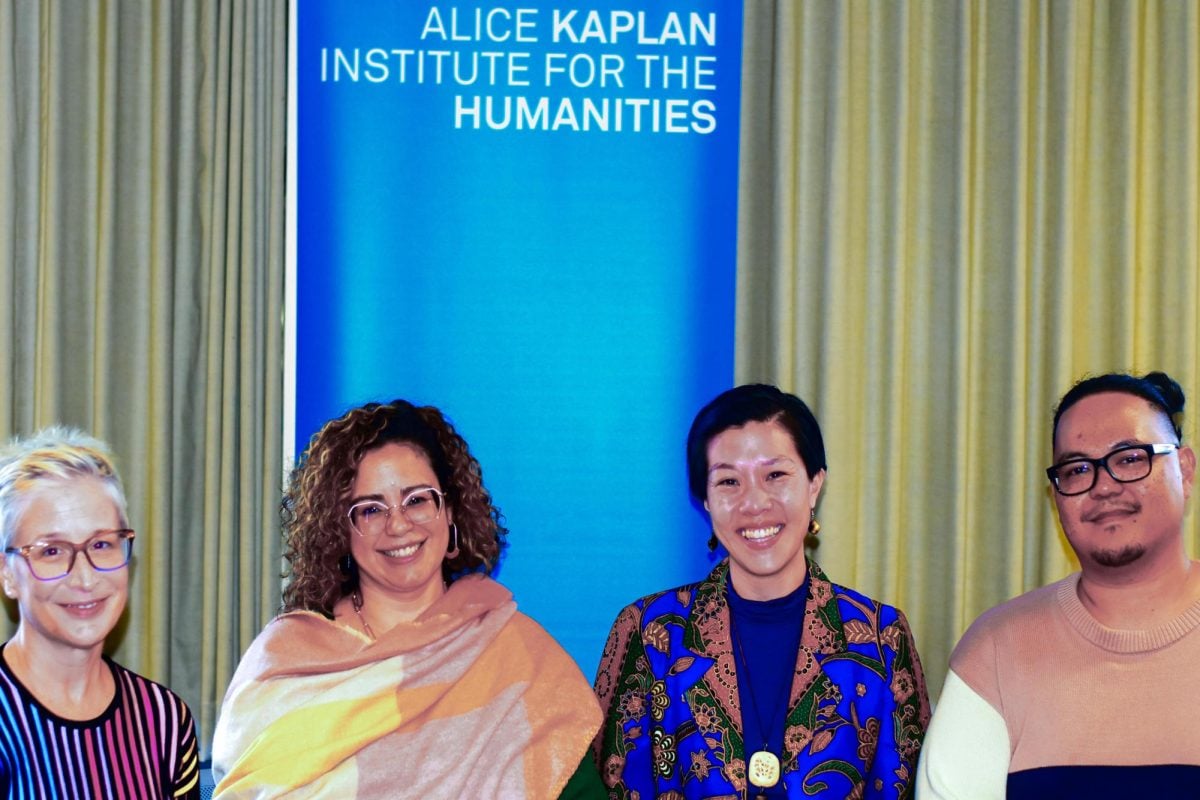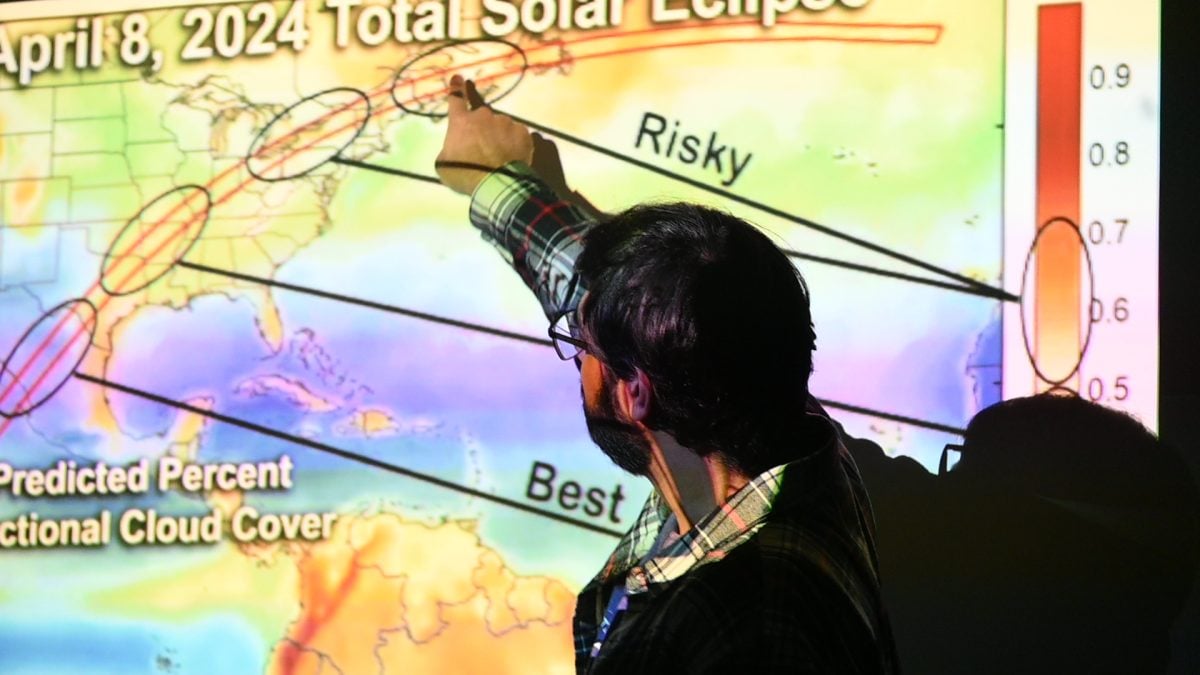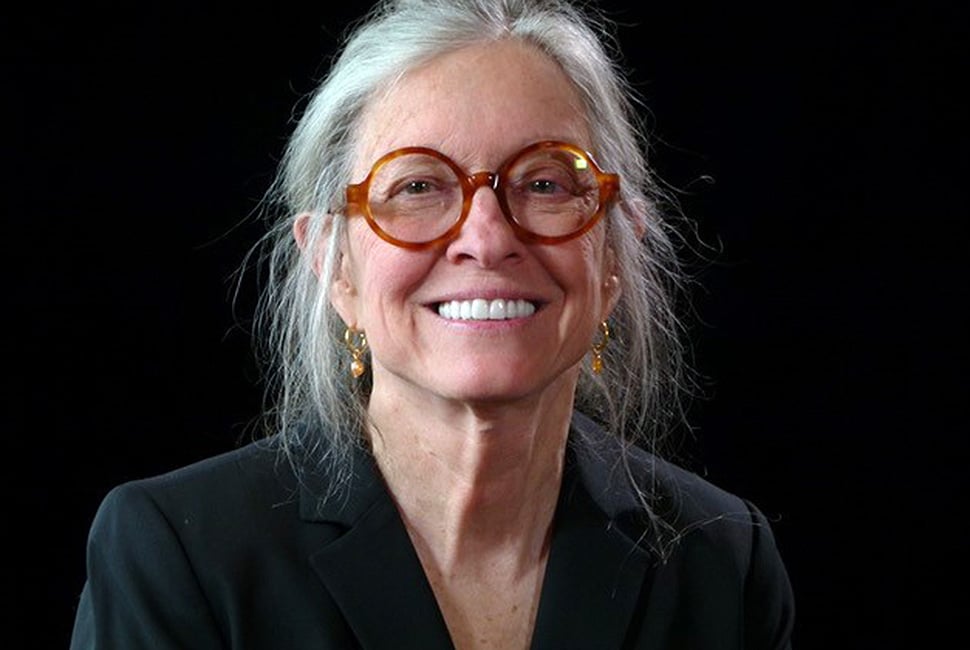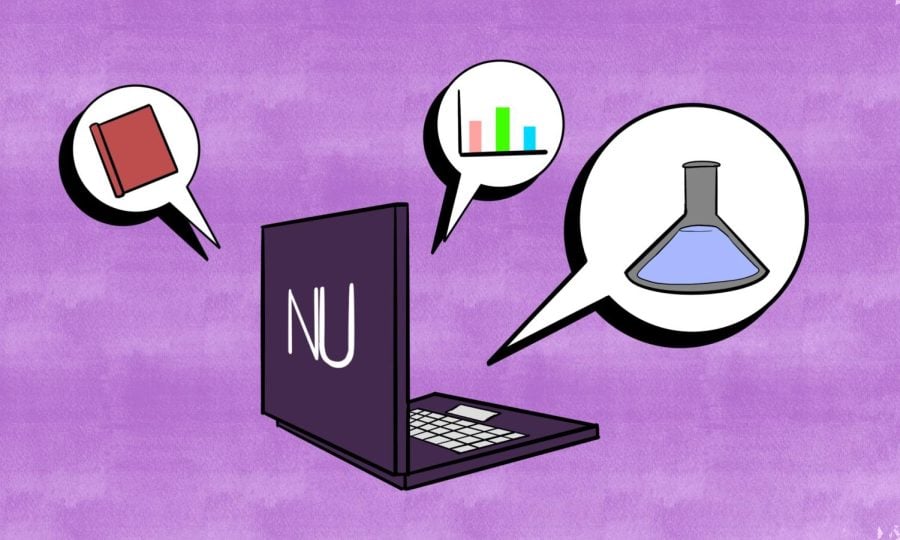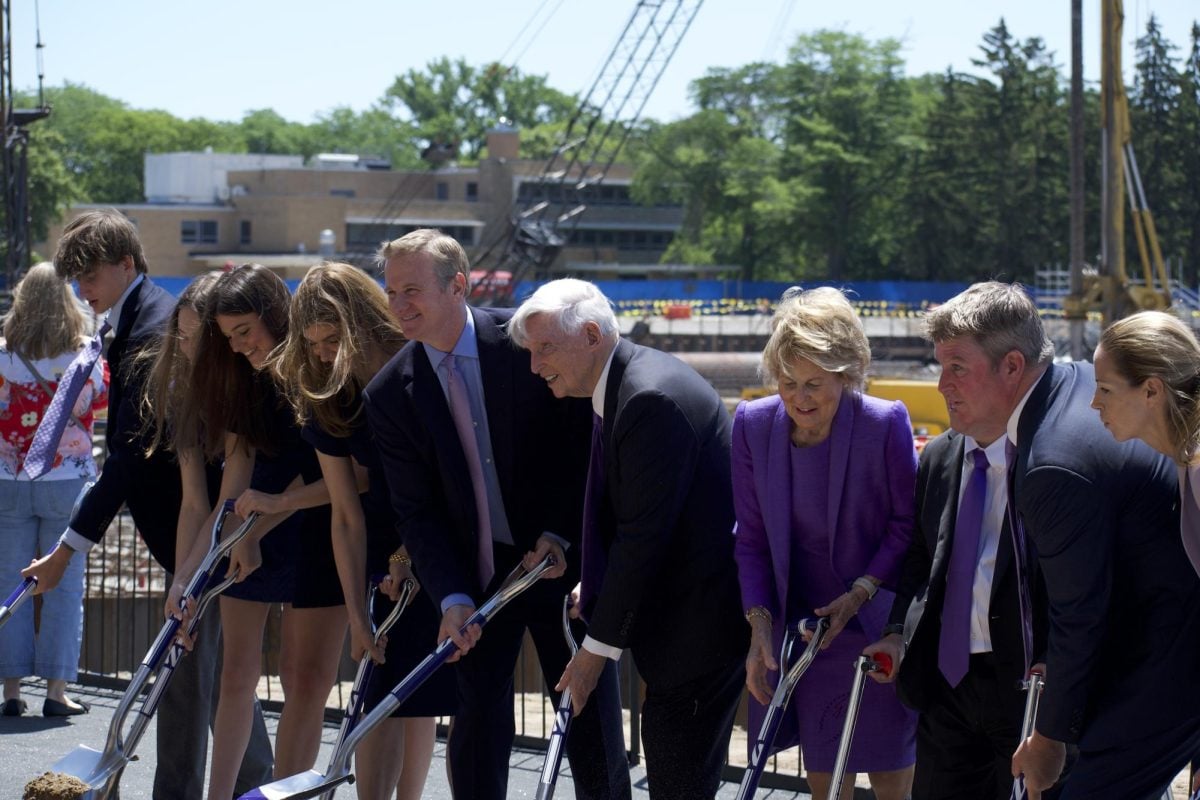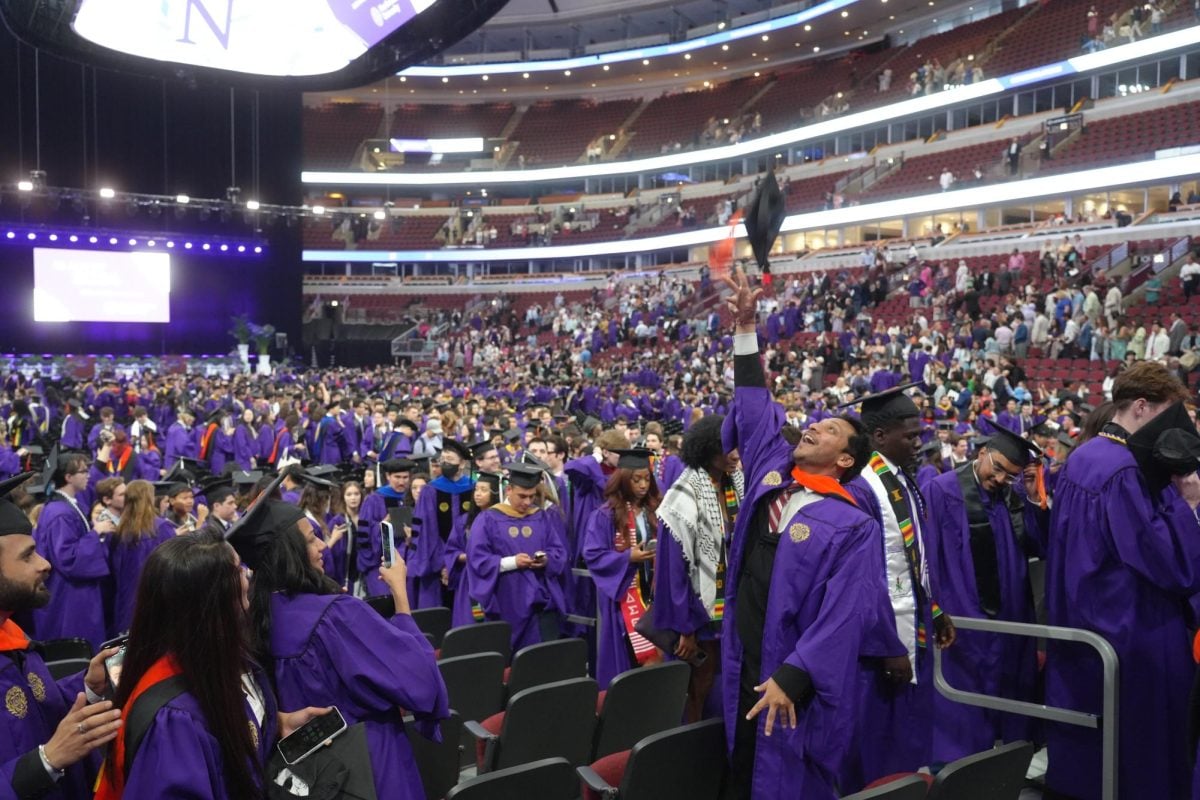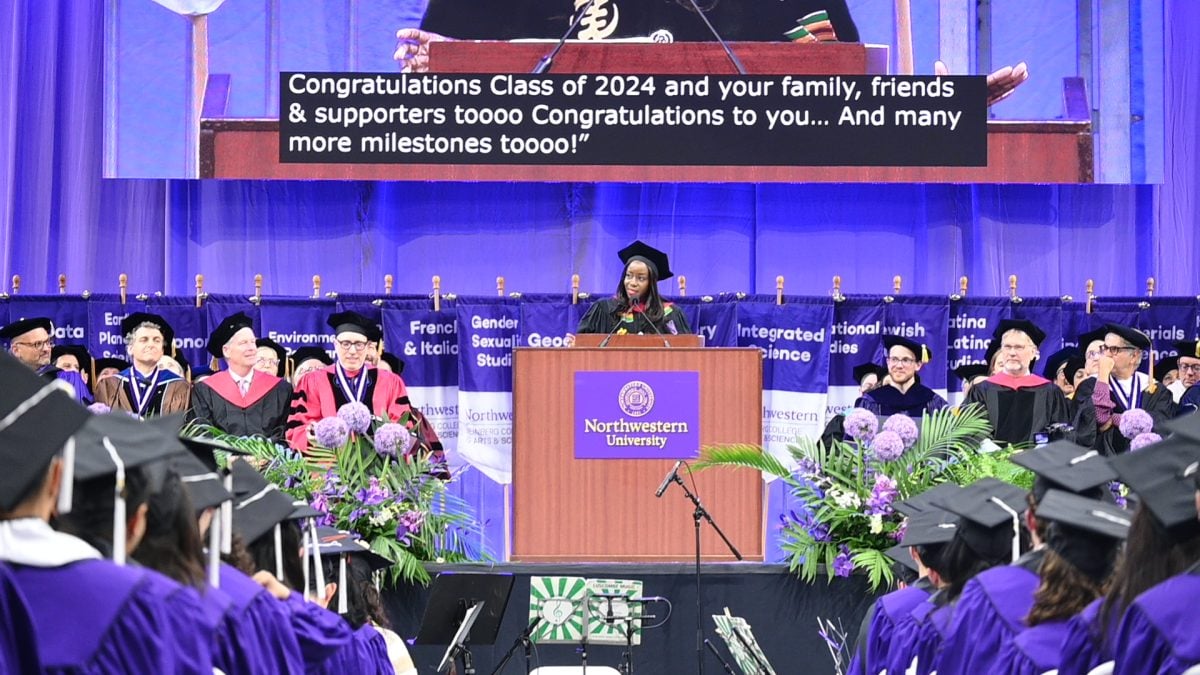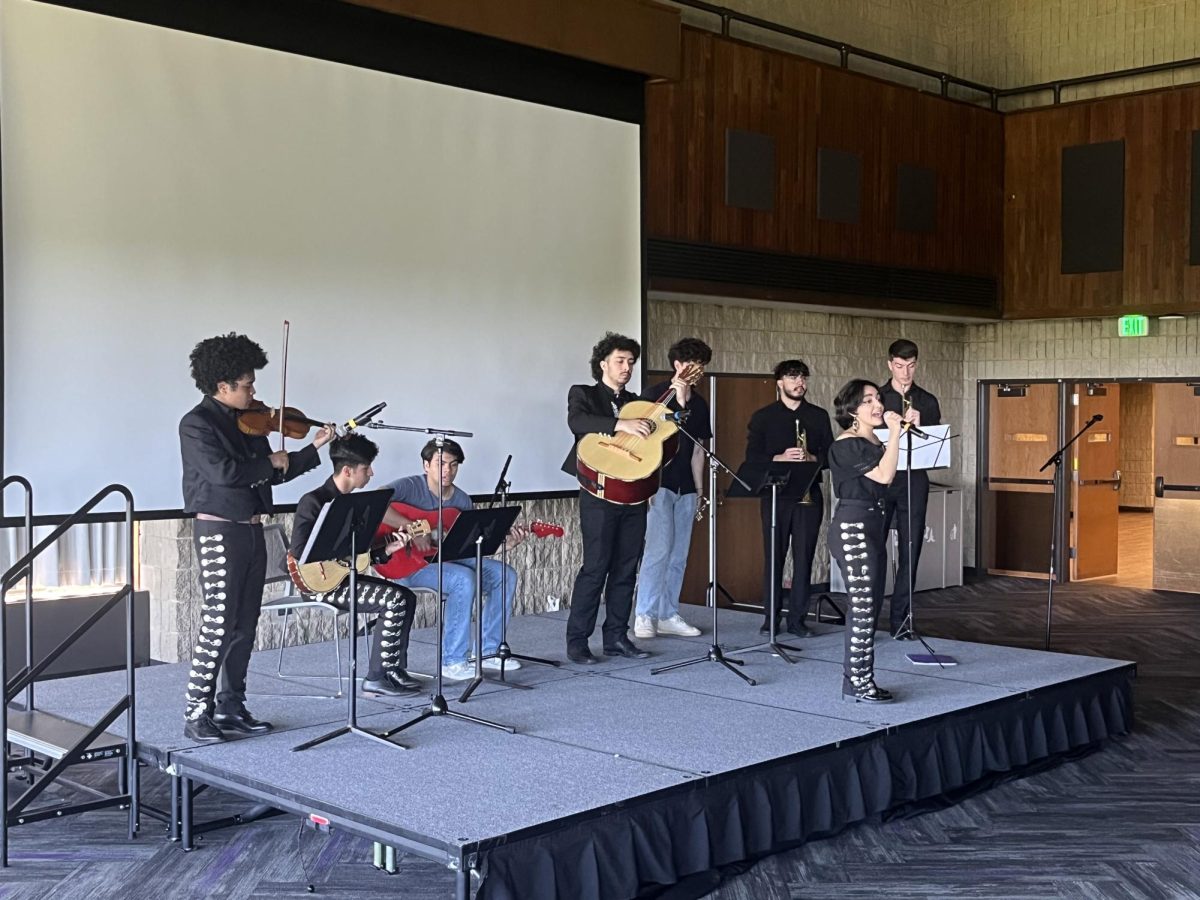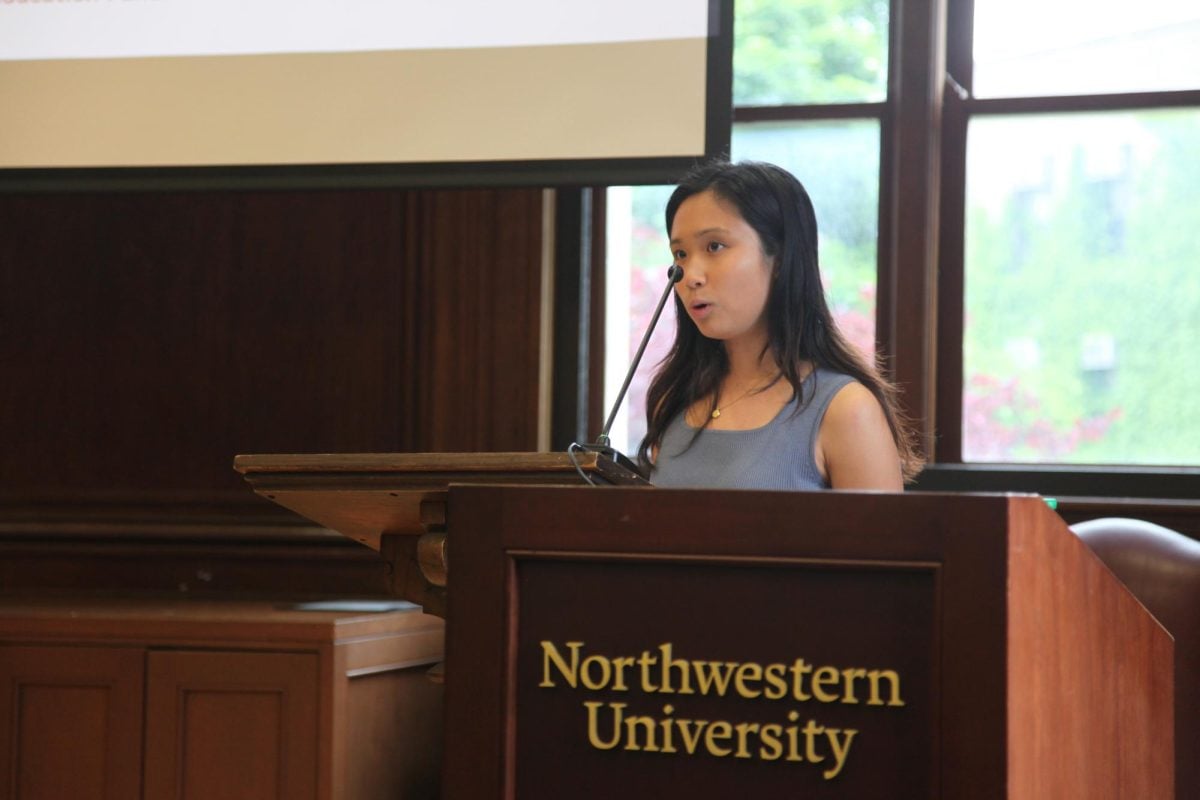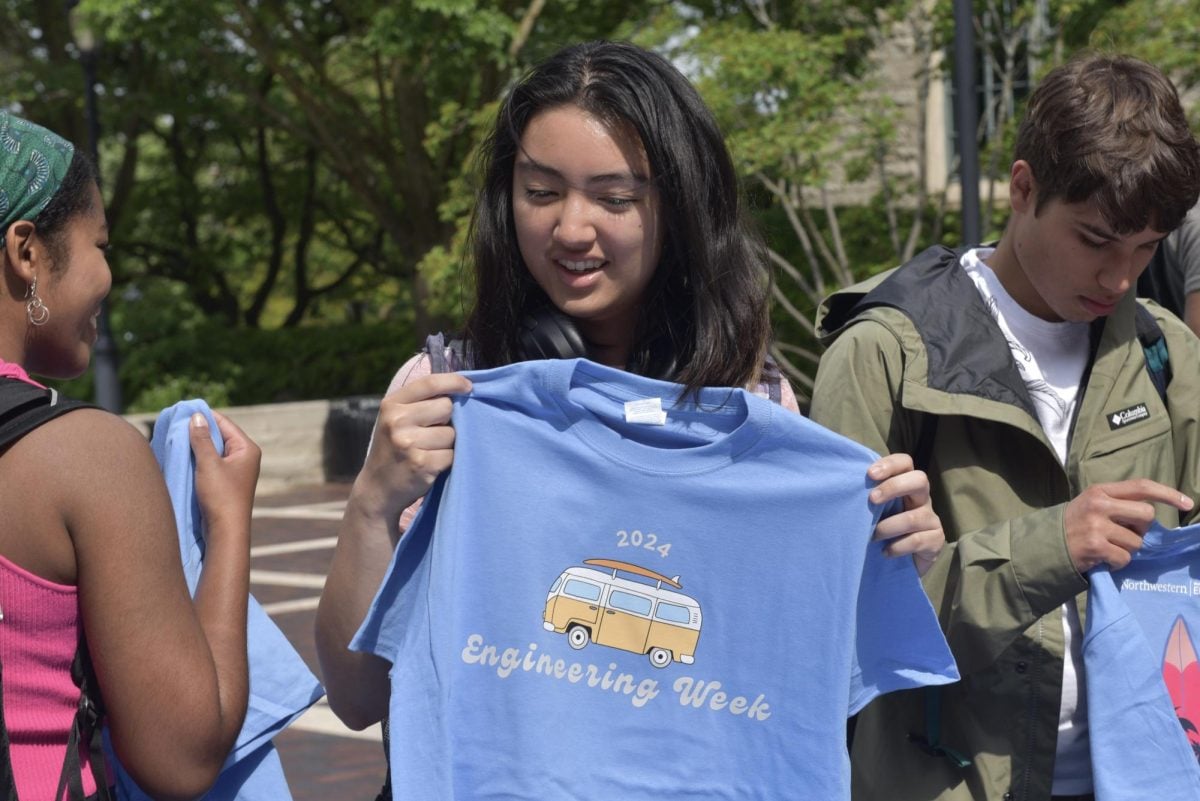The Alice Kaplan Institute for the Humanities hosted its fall keynote of the 2023-2024 Humanities Sovereignties Dialogue with political anthropologist Yarimar Bonilla and writer and public historian Adrian De Leon Tuesday afternoon.
Sociology Prof. Katrina Quisumbing King moderated the talk in the Norris University Center’s Louis Room. Bonilla and De Leon discussed present-day political battles for sovereignty, tying in their Puerto Rican and Filipino backgrounds, respectively.
Bonilla — a professor at Princeton University’s Effron Center for the Study of America and contributing opinion writer for the New York Times — discussed her research on race, citizenship, empire and postcolonial sovereignty at the talk.
“This idea of sovereignty as having a flag, a stamp, a coin, an anthem, a seat at the (United Nations) — emblems and symbols of sovereignty at the end become kind of empty if you’re not able to actually decide what language you speak, what music you listen to,” Bonilla said.
De Leon is a 2023-2024 Jack and Nancy Farley Distinguished Visiting Scholar in History at Simon Fraser University and an assistant professor of U.S. History at New York University. He is both a writer and a poet, having authored “Bundok: A Hinterland History of Filipino America” and “barangay: an offshore poem”.
During the keynote, Bonilla and De Leon discussed topics from colonialism to empiricism and the ways states and empires attempt to hinder sovereignty.
“Part of what I enjoy as an anthropologist is that I can look at anything to study sovereignty,” Bonilla said during the event. “In my work, I can look at labor movement protests, but I can also look at Bad Bunny lyrics, and for me, those are equally important and equally generative for thinking about questions of sovereignty.”
The Sovereignties Dialogue series is meant to examine sovereignty in its numerous dimensions — bodily, artistic, intellectual and geopolitical — and discuss the contradictions of sovereignty and autonomy in the political sphere, according to the Weinberg College of Arts and Sciences website.
Bonilla discussed her experience writing for the New York Times on topics ranging from the Maui wildfires to Supreme Court decisions.
“Those are all different ways of thinking about empire,” Bonilla said.
Later, De Leon also said the history of the Second Amendment is closely intertwined with the rights of indigenous peoples in North America.
“What does it mean for a constitutional right to not just have the right to bear arms in terms of the Second Amendment, but the right to kill indigenous people?” De Leon said. “Land becomes a thing to protect, possess and make productive.”
The keynote was followed by a public Q&A that allowed audience members to ask the speakers’ questions.
One attendee asked Bonilla about how recognition can be conceptualized beyond historical understandings of sovereignty.
Bonilla pointed to Puerto Rico as a case study in the relationship between people and the state.
“I think what we don’t talk enough about is: what is the role of the state,” Bonilla said. “After Hurricane Maria, it was this insistence on individuals to do their part and everybody else’s part, but what is the state’s part? The state is no longer providing electricity, no clean water. There were citizens of Puerto Rico fixing street lights. Who does (the state) serve?”
Email: [email protected]
Twitter: @HabashySam
Related Stories:
— Greg Lukianoff, Yascha Mounk, Rikki Schlott talk free speech at NU
— Bob, Nate, Erin Odenkirk talk new book with Peter Sagal at NU
— Fox News’ Bret Baier discusses new book, current events at NU











